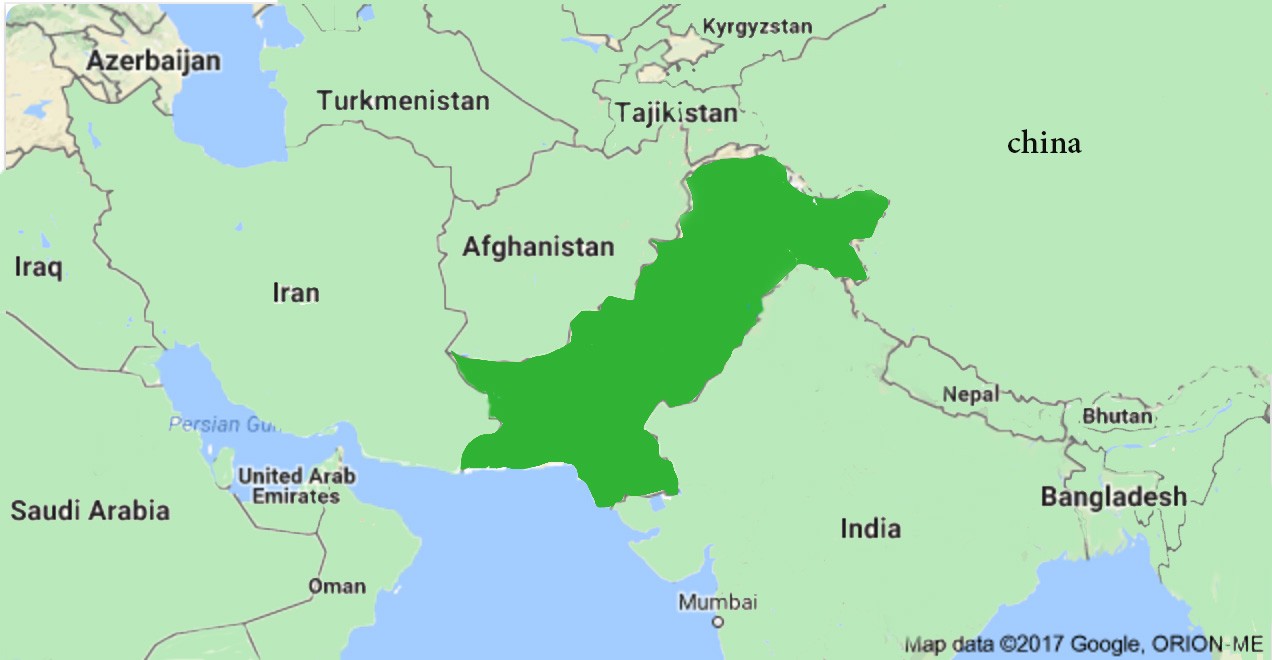
Perhaps it’s time to go back to the drawing board and rewrite our foreign policy goals; to look again at what these ought to be

Khawaja Asif, a foreign minister appointed four years too late, has started making the right noises about the country’s foreign policy. What he is reported to seek is "a reset" of the policy. He could begin with Wikipedia to learn a few tips. As one types "Pakistan’s foreign policy" on Google, this is what it leads to:
"Pakistan has a fiercely independent foreign policy, especially when it comes to issues such as development of nuclear weapons, construction of nuclear reactors, foreign military purchases and other issues that are vital to its national interests."
It then moves on to economy briefly before returning to Pakistan’s status as a ‘major non-Nato ally" in the war against terrorism, with a "highly disciplined and professional military".
Famous for his past speeches on civil-military imbalance, often re-played on television channels to challenge his patriotic credentials, Khawaja Asif hasn’t exactly treaded in that territory. Addressing an envoys conference in the capital, he has instead talked about "a new paradigm", "course correction" and "adjustments in foreign policy" in view of new realities.
His suggestion that the problem was Pakistan’s image in the international community could have been read as a mere cliché if he was not honest in admitting that "we have to correct how the world perceives us. There is a wide gulf between how we look at our sacrifices in the fight against terrorism and the way the world sees it."
The last time we suspected some sort of change in Pakistan’s foreign policy was in January this year when the government put Hafiz Saeed, leader of Jamaat-ud Dawaah, under house arrest. At that time, the move was said to have been made on the pressure of the United States. The country was without a foreign minister then and it fell on the ISPR chief to explain Saeed’s arrest to the people.
The reference to Lashkar-e-Taiba, the group that Saeed has long been affiliated with, has now come from players that exist on the other end of the geostrategic spectrum. BRICS, an organisation of five major emerging national economies including Brazil, Russia, India, China and South Africa, in its declaration has condemned the Haqqani network and Jaish-e-Mohammad apart from Lashkar-e-Taiba, putting Pakistan under a lot of stress.
Read also: The best of enemies
In between came the Riyadh summit in May which was a diplomatic disaster for Pakistan and the more recent Trump speech calling for Pakistan to do more in Afghanistan.
This is what Asif refers to when he talks of the gulf between our own perception about us and how the world sees us. And this is what brings terrorism into the foreign policy debate because Pakistan is accused of using terrorism as a foreign policy goal, making its credentials as a partner in the war against terrorism suspect.
First, what is Pakistan’s (or is it establishment’s) stated position, and what is it that the foreign minister is now trying to reset?
Pakistan’s position has been that the global powers are unable to appreciate the rivalry in the region; especially, how Afghanistan has become India’s area of influence is something that needs to be checked according to Pakistan. This involved backing the anti-Kabul force -- the Taliban -- and then making offers to conduct negotiations between the Afghan government and Taliban. Without realising that effectively we are projecting two sovereign countries dealing with each other as a problem.
This is what might change as we propose to deal with the Afghan government and bring down the level of hostility.
The second plank of reset, as analysts suggest, is Pakistan playing with the ‘other option’ to the United States. Interestingly, this option happens to be Russia and not China.
And the third significant step is warming up to Iran, a country where Khawaja Asif decided to go in his first visit abroad as the foreign minister, after China of course. That is a major shift considering our own involvement with Saudi Arabia and the Islamic Military Alliance, or in common parlance the Sunni countries’ alliance, and how anti-Iran Saudi Arabia and its policies have been.
But isn’t all this what Hina Rabbani Khar calls "a reactive rather than a proactive" foreign policy? Isn’t it time to go back to the drawing board and rewrite our foreign policy goals, to look again at what these ought to be?
Conventional textbooks often put national security and economy as the mainstay of foreign relations but, even in that respect, Pakistan could not break out of the national security tangle. The perception of insecurity at the hands of all its immediate neighbours has guided its foreign policy from the word go. Consequently, it preferred to engage with distant superpowers than the countries in the region. And hence.
The way out proposed by the minister looks fine in principle -- the Foreign Office initiates proposals, they are then taken to National Security Committee of the parliament for debate and finally approved by the parliament. Easier said than done. Besides, the real danger is the Foreign Office will not be able to break free of the ‘national interest’ logic, dictated again by conventional textbooks, which hovers around national security and perceived permanent enemies in the region.
The actual problem lies in how is this ‘national interest’ determined and by whom. As custodian of people’s interests, the parliament should be authorised to lay down the national interest, which obviously translates into the larger good of the people.
The foreign policy cannot exist independently of what’s happening inside a country. Pakistan needs to first look inwards in order to appear strong to the world. Instead of arms, it needs to focus on education, population planning, development, culture and history. That’s the kind of Reset it needs. Once it is at peace with itself, it will appear peaceful to the world; the image will change by itself.